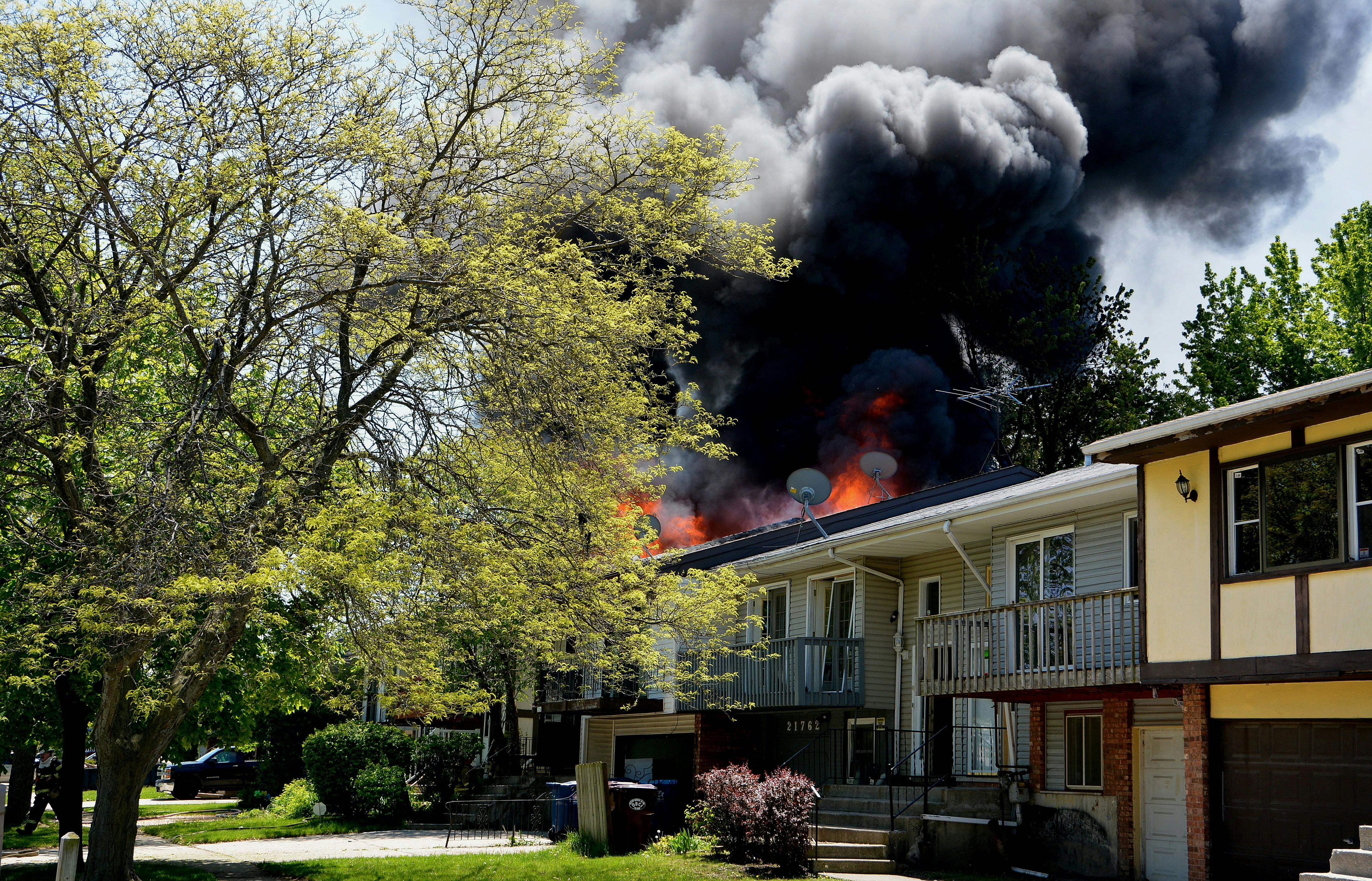Handling Claims with State Farm Adjusters: Tips for Presenting Your Case
When dealing with an insurance claim against State Farm, knowing how to present your case effectively
is key to ensuring a fair outcome. As public adjusters, we’ve worked with several State Farm adjusters
across the region, including Sheryl Zidek, Mary Bechman, Shawni Brobeck, John Connolly, Dave
Greenwalt, Steven McGee, Michael McKinney, Dave Smilek, and Chris Tumpa.
Each adjuster may have their own approach, but there are some tried-and-true strategies that can strengthen your claim, regardless of who is handling it.
1. Document Everything Thoroughly
- The more detailed your documentation, the harder it is for adjusters to minimize or overlook parts of your claim.
Before meeting with any adjuster, ensure you have:
- Clear photos and videos of all damage from multiple angles.
- Estimates for repairs or replacement related to the damaged areas.
- A timeline of events, including when the damage occurred and any repair attempts made.
2. Know Your Policy Inside and Out
- Understanding the specific coverage your policy offers can prevent surprises. State Farm policies often include clauses and limitations that may impact your claim. Being familiar with terms like “like kind and quality” or specific exclusions gives you a foundation for negotiation.
3. Prepare for Discussions About Repairs vs. Replacement
- State Farm adjusters often emphasize repairs over replacements, as it’s typically a more cost-effective solution for the insurer. If you believe a repair won’t fully restore your property to its original state, be ready to explain why a replacement is necessary.
This might include:
- Documentation showing that a repair would not meet the policy’s standard for “like kind and quality.”
- Expert opinions from contractors or other professionals supporting your argument for replacement. For example, when working with adjusters like Sheryl Zidek, Mary Bechman, Shawni Brobeck, John Connolly, Dave Greenwalt, Steven McGee, Michael McKinney, Dave Smilek, or Chris Tumpa, they may initially suggest repairing older or worn materials. However, with a strong case, replacements can be negotiated when repairs would compromise the quality or safety of your property.
4. Remain Professional, But Be Persistent
- Adjusters manage multiple claims, which means your claim may not always receive immediate attention. Keeping communication professional but persistent can make a difference. Document all conversations by using email, put things in writing that they promise you and send it to them, follow up regularly to ensure your claim progresses smoothly.
5. Consider a Public Adjuster for Complex Claims
- Certain claims, such as total loss, structural damage, or those requiring extensive repair, often benefit from the expertise of a public adjuster. We’re experienced in negotiating with State Farm adjusters, including Sheryl Zidek, Mary Bechman, Shawni Brobeck, John Connolly, Dave Greenwalt, Steven McGee, Michael McKinney, Dave Smilek, and Chris Tumpa, and can help ensure your claim is assessed fairly, advocating for the payout necessary to fully restore your property.

Navigating the claims process with State Farm adjusters requires careful preparation, documentation, and persistence. By understanding your policy, documenting thoroughly, and addressing any
undervalued estimates, you can set yourself up for a more successful claims experience.
For complex or high-value claims, or if you simply want professional assistance, our team is here to support you.
Contact Stephen Hnat & Associates for a free consultation, and let’s ensure your State Farm claim is handled fairly and in your best interest.
